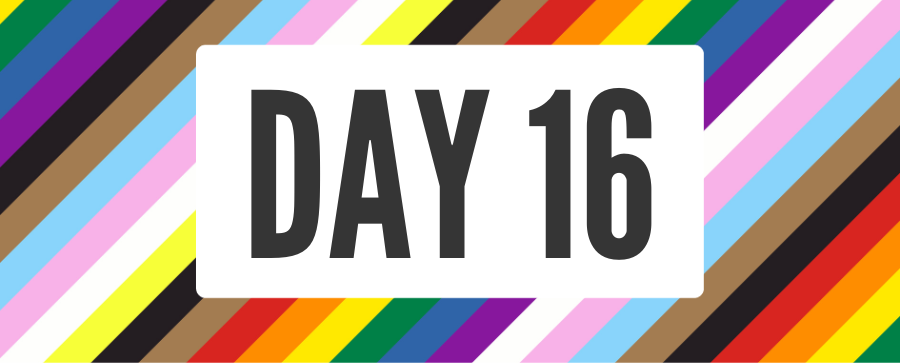
LGBTQIA+ Parenting
Family means a lot of different things to different people. In the LGBTQIA+ community, many recognize a chosen family, those who they choose to have a familial connection with, beyond blood relation, who one is raised by/with (sometimes referred to as families of origin) or who the government recognizes as their family. Not all LGBTQIA+ people want to have children and some do.
Between 2 million and 3.7 million children under age 18 have an LGBTQIA+ parent, and approximately 200,000 of them are being raised by a same-sex couple.
Some LGBTQIA+ parents have children from relationships with different-sex partners, adopt or foster, utilize assistive reproductive technology such as surrogacy or using sperm/egg donations, conceive children biologically with a partner, or choose other family formation methods.
Many family formation methods can be costly and inaccessible for many LGBTQIA+ people. For reference, an average in vitro fertilization cycle can cost $30,000; surrogacy can cost over $200,000; and, adoption costs can vary widely ranging from $20,000 to over $100,000. And, most insurances and employers do not cover the cost of these family formation methods. Michigan law declares surrogacy contracts to be void and unenforceable.
LGBTQIA+ people are 6 times more likely to foster and at least 4 times more likely to adopt than their non-LGBTQIA+ counterparts. In any given week, about 100 children are awaiting foster care placement in Michigan. Some wait for months due to critical foster family shortages. At the same time, a 2022 state of Michigan settlement resulting from a lawsuit by a faith-based agency allows faith-based adoption and foster care agencies that contract with the state of Michigan to refuse to place children with same-sex couples or LBGTQIA+ families.
Until the 2015 U.S. Supreme Court case Obergefell v Hodges ruling provided individuals the right to marry a person of the same sex, many states like Michigan excluded same-sex parents from adopting their partner’s children. Today, some counties are refusing to allow married same-sex parents to complete second-parent or step-parent adoption if both parents are on the child’s birth certificate even though state law does not guarantee that a non-biological parent has parental rights if the biological parent dies or the couple divorces.
It’s important to recognize that being a family is what people define for themselves, not limited by the constraints of legal, social, or religious recognition. That said, LGBTQIA+ people continue to experience many barriers not present for their cisgender and straight counterparts.
TODAY’S CHALLENGE
Read:
- Robert Hart, Kids Raised By Same-Sex Parents Fare Same As—Or Better Than—Kids Of Straight Couples, Research Finds. Forbes, (March 6, 2023). [3 minute read]
- Sarah Toler, What It’s Like to Be Pregnant as a Transmasculine Person. HelloClue, (March 30, 2021). [5 minute read]
- Tat Bellamy-Walker, How the Black Queer Community is Re-imagining the Family Tree. NBC News, (February 16, 2022). [7 minute read]
Watch:
- Becoming Ben Smith, I Was Adopted by Gay Parents! (My School Experience). (November 10, 2019). [6 minute watch]
- Sean Maloney, Rep. Maloney Speech on LGBTQ Adoption. (August 26, 2021). [8 minute watch]
Engage:
- Review the various tabs at the Movement Advancement Project’s Child Welfare Nondiscrimination Laws site. What surprises you? Were you aware of the laws in your state? How might this impact the children and families in your community?
Discuss:
- Family is one of the most universal concepts that varies from culture to culture. When you were growing up, what were you taught or told about family? What does family mean to you today?
- How are you ideas or family similar to or different from others’?
- How might your life be different if your family experienced social, legal, or religious exclusions, barriers, or lack of recognition?
- How can you expand or update your language, advocate for policy, or share knowledge to support LGBTQIA+ families and parents?
